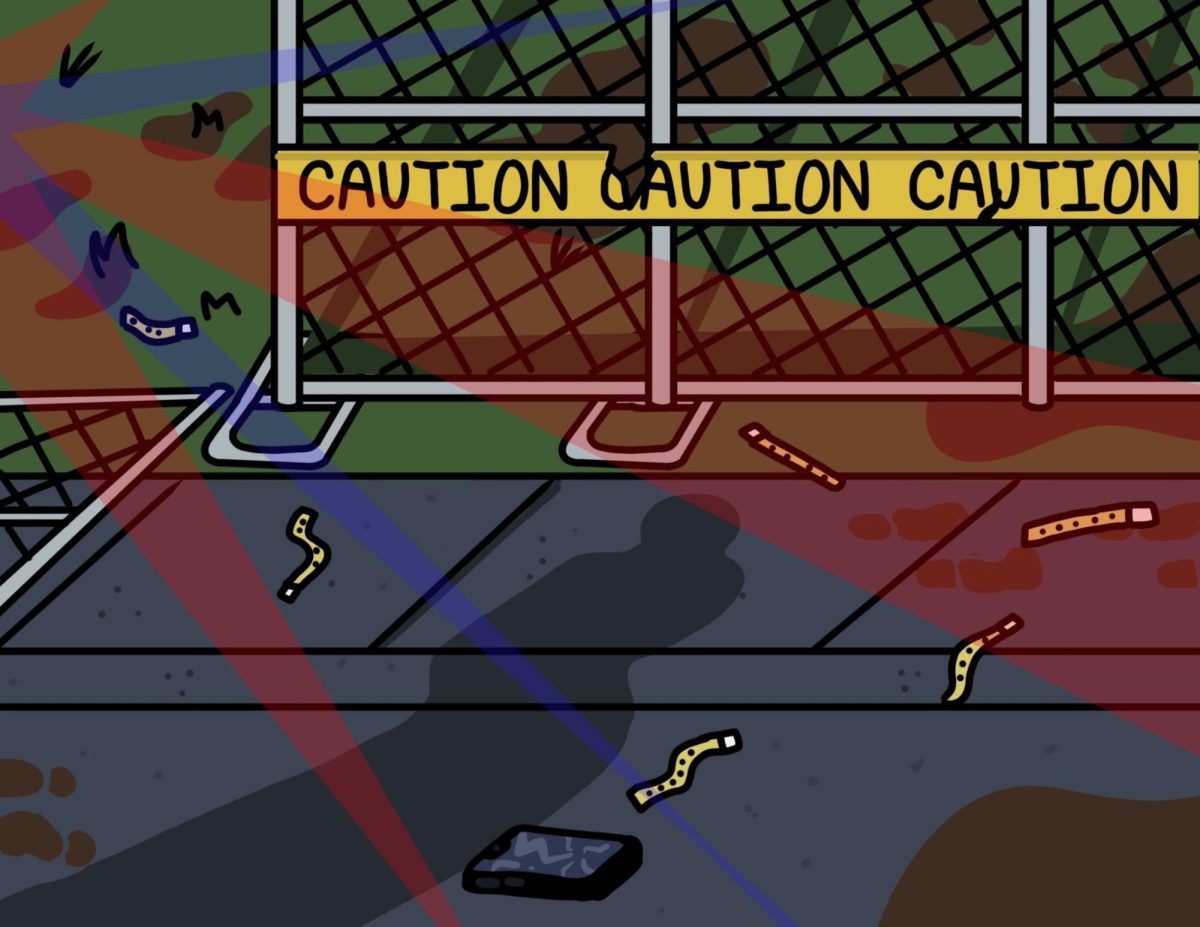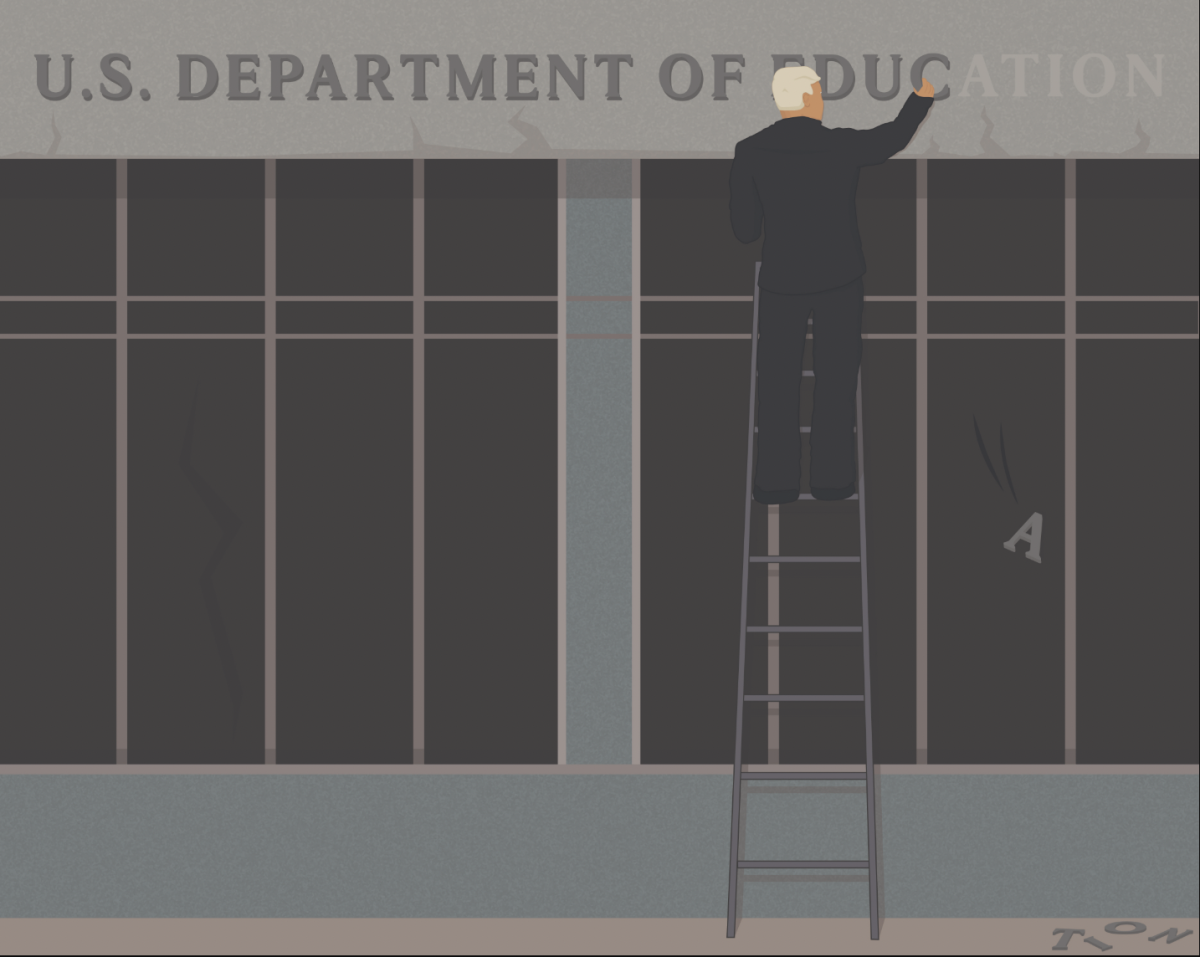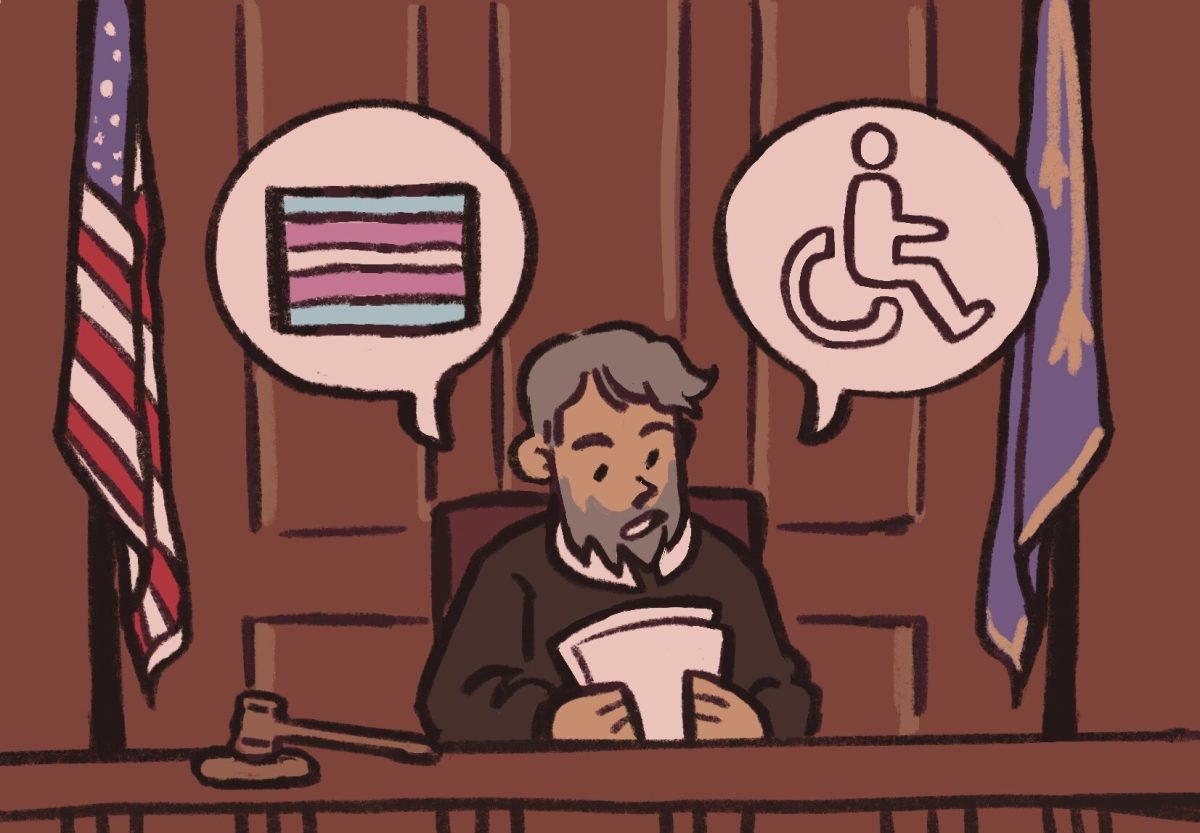A 2022 Gallup poll found that nearly half of Americans support major reforms to policing. Yet even with this mass support for change, the overuse of violence by law enforcement officers remains a significant issue.
However, there are practical means by which policing can be improved.
Police departments, to create better quality officers, should extend training and improve upon the quality of instruction within police training.
Currently, the Texas Commission on Law Enforcement only requires 40 hours of training, about a third of a 2-year associate’s degree, for an individual to be certified as a peace officer in the state. But officers are increasingly being called into situations where they need direct training.
The American Psychological Association estimates “at least 20% of police calls for service involve a mental health or substance use crisis.” These situations require empathetic and emotional responses that are not heavily taught in training. Communities like Austin have responded to this problem by including mental health crisis responders in 911 emergency services. However, even in these communities, officers still get called into situations that require more than what they are taught in basic training. For example, a man in Austin filed a lawsuit after he was “[left] bloodied and with a broken jaw” when APD officers responded to him going through a mental health crisis, according to KXAN.
Such problems are not unique to the Austin area. In 2021, a man driving in San Marcos got tased by two police officers during an arrest. According to a video released by Fox7 Austin, the man responded to officers’ demands and acted in a non-violent manner.
The Chief of the University Police Department Matthew Carmichael said the problem of poor policing could be solved by having individuals with real-life experience and connections to these events be the ones providing instruction to police officers. Carmichael recently had UPD train on using Narcan, a life-saving medication used to treat people in the middle of an opioid overdose.
“Kally Crow … has a non-profit called Drew’s 27 Chains,” Carmichael said. “Kally lost her son two years ago to an opioid overdose, so when Kally trained my organization we weren’t just hearing from an expert [but] a person with a very personal story. It gives a different perspective… I am always going to look for professional certified instructors who quite honestly have life experience.”
This kind of training from those with hands-on experience is critical in mental health situations or when officers are dealing with individuals with autism. Carmichael also explained that one of the first things he implemented was training on working with autistic community members. Officers can receive better instruction from individuals with hands-on experience or deep connections with the subjects they are instructing on, such as autism or drug use.
Furthermore, other improvements to policing can come from extending police training time. Carmichael explained that although the average academy training time for officers in Texas is about six months, the amount of time before an officer is by himself in the field is about one year. This training goes into the basics, including state law, criminal investigations and firearms training. This is relatively low compared to international standards; other countries have significantly more extended training periods with France and Norway around three years. Longer training courses result in better-trained officers and naturally remove potential officers with more violent or extreme tendencies.
Others would argue that, especially in the wake of the 2020 Black Lives Matter protests, any attempts to reform policing fail to solve the problems found throughout all police departments. At the same time, pro-law enforcement groups argue instead that policing needs no reforms at all. The truth is that both of these arguments are flawed. The anti-police argument ignores that no city defunded its police department. At the same time, the pro-police argument ignores the overuse of violence by members of law enforcement.
Police reform may be a compromise; however, it is a compromise that can save lives.
-James Phillips is a history freshman
The University Star welcomes Letters to the Editor from its readers. All submissions are reviewed and considered by the Editor-in-Chief and Opinion Editor for publication. Not all letters are guaranteed for publication.
Opinion: Police reform is possible; it comes from better training
James Phillips, Opinions Contributor
February 9, 2023
0
Donate to The University Star
Your donation will support the student journalists of Texas State University. Your contribution will allow us to purchase equipment and cover our annual website hosting costs.
More to Discover














